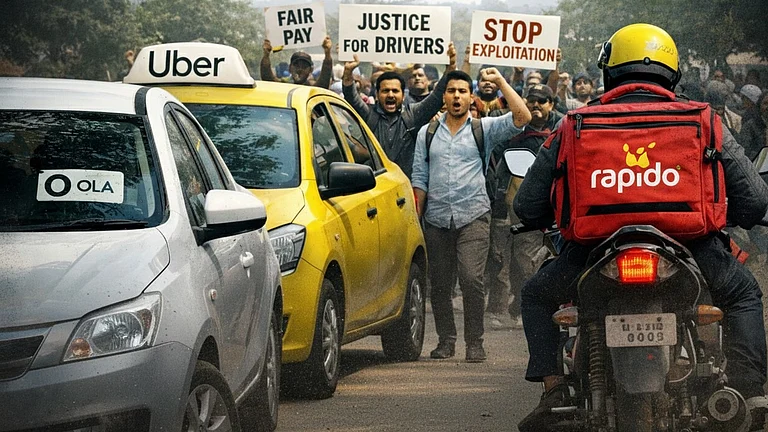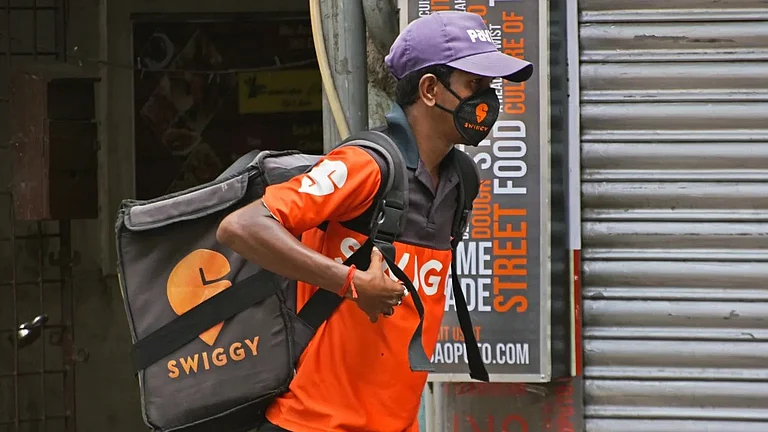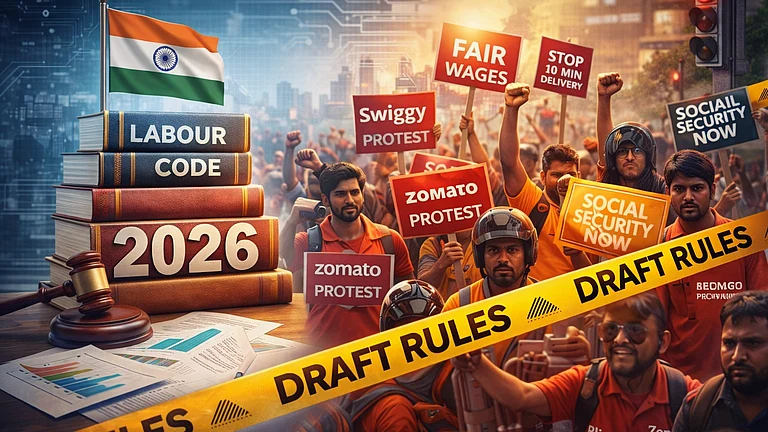Consumer electronics giant Samsung India workers’ protest, which lasted around 38 days in Sriperumbudur, Tamil Nadu, came to an end on October 16. Nearly 1,100 workers of the total 1,750 employees have protested since September 9 to meet their demands, like a wage hike and recognition of workers union by the company.
After a detailed discussion between the representatives of the worker union, the company and the state government, the strike was called off. The state government issued a statement that confirmed the end of the strike.
“In accordance with the instructions of the Hon’ble Chief Minister,... conducted meetings with concerned parties at various stages. Consequently, Samsung Management announced several welfare measures in the interest of the workers,” said the state government in a statement.
As a result, the workers will return to work and the company will not take any disciplinary action against the workers involved in the protest. The workers too have agreed to not take any ‘pre-judicial’ action.
Here are some FAQs that will give you a better understanding of the issue.
Q1. Why were Samsung workers on strike?
The workers of Samsung India were protesting to get three key demands that were constantly being ignored by the management, including recognition of their newly formed labour union-the Samsung India Labour Welfare Union (SILWU) and a 50 per cent wage hike over the next three years.
Q2. What is the controversy with Samsung?
The protest disrupted the production process at Samsung India’s Sriperumbudur plant and as a result, the company threatened the protesting workers they might lose their jobs. One of the key bones of contention between the workers and the management was that the company refused to recognise a union backed by a third-party group like the Centre of Indian Trade Unions (CITU).
Q3. Is the right to protest a fundamental right in India?
Article 19(c) of the Indian constitution gives the right to form associations or unions and gives legitimacy to labour unions in India. According to the constitution, the right to strike is not an absolute right and flows from the fundamental right to form a union.
However, the right to protest is a legal right and not a fundamental right. The Supreme Court of India in K. Rangarajan vs. Government of Tamil Nadu held that the employees have no fundamental right to resort to strike.
Q4. What are the major labour laws in India?
Labour is a subject of concurrent list, which gives both the centre and the state the power to make laws on it. In 2019, the central government introduced four new labour laws consolidating the older acts with certain modifications. The four laws include a code on wages, an industrial relations code, a social security code and an occupational safety, health and working conditions code.
































